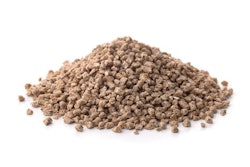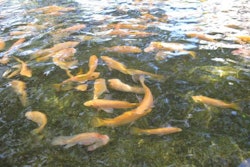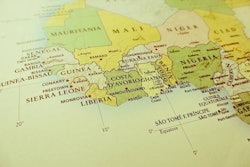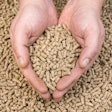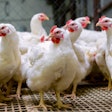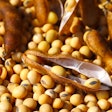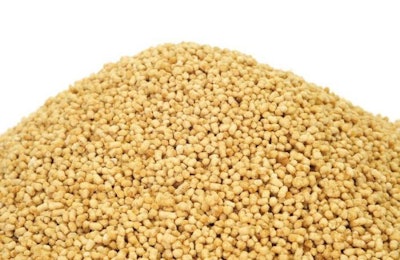
Lecithins are safe and effective as additives to human food and animal feeds, according to a new review by the European Food Safety Authority (EFSA).
Commercial products mainly comprise lecithin from soybeans, rapeseed and sunflower, with some other plant extracts, and are generally marketed as regular liquid lecithin, hydrolyzed liquid lecithin or de-oiled lecithin powder.
Lecithin is a natural constituent of animal feed ingredients and animal tissues. A literature review revealed that the lecithin products are safe for all target species, which include broiler chickens, veal calves, dairy cows and sheep. It was not considered necessary to set a maximum inclusion level.
From the chemical point of view, most lecithins are phospholipids, i.e., phosphoric acid combined with choline, glycerol and one or two fatty acids.
It has been suggested that fish and crustaceans are the only animals that require phosphatidylcholine in their diet, a chemical that these species can obtain from lecithin from plant sources or eggs.
Safety reviews
On safety issues, the report found that lecithin in animal feeds poses no risk to consumers, those who handle the products during feed manufacture, or to the environment.
The review was conducted by EFSA’s Panel on Additives and Products or Substances used in Animal Feed (FEEDAP) at the request of the European Commission as part of the regular reauthorization of feed additives. The full paper is published in the EFSA Journal.
In addition to their nutritional role in aquaculture feeds, the main function of lecithin for farm animals is as an emulsifier in milk replacers. The EFSA review found the products to be effective emulsifiers at the recommended inclusion levels.


